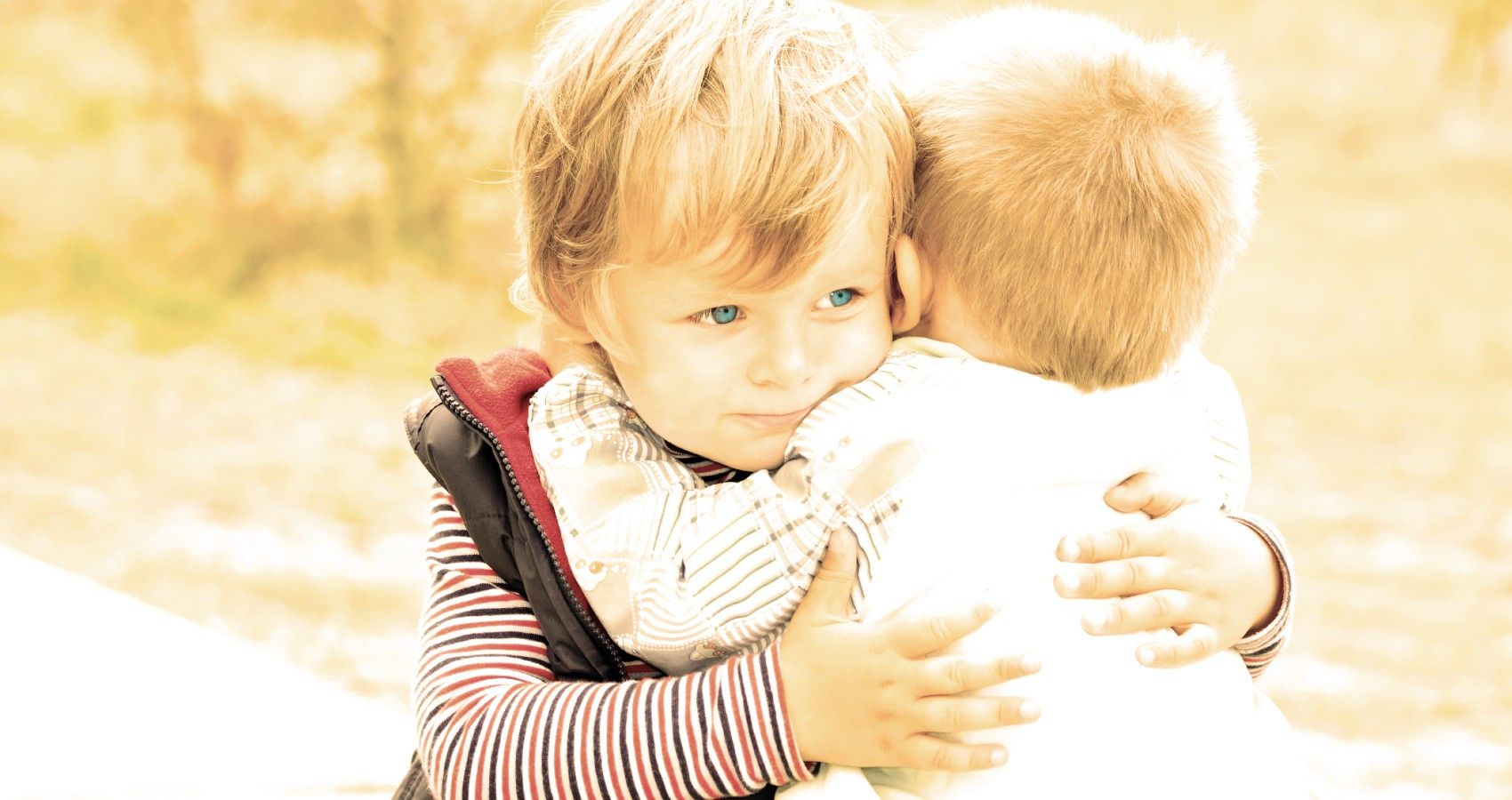A new study is showing that children under the age of 7 just expect everyone around them to be kind, and that includes the bullies and “mean” kids. Children are the picture of innocence, and adults often wish that we could continue to see the world through kids' eyes. It must just look like sunshine and rainbows everywhere, studies have been done to show that “real life” does affect the mental health and wellbeing of children, but studies are also being done to prove that children really do see the good in everything and everyone. They do not have the same realistic expectations of people as adults do.
According to Psy Post, when compared to adults, young children are far more likely to look at babies, kids, and teenagers as “nice” adults in the future. This was specifically true when it came to “mean” kids and teenagers. Even if they have a bully at school or on the playground, they will hold on to the idea that this person will be nice when they grow up, giving them the benefit of the doubt.
This study, which can be read in full here, is changing a lot of what we think as adults. Adults tend to hold reservations against people who have done negative things in the past. If we know that a person has a history of lying and stealing, we immediately assume that they will continue this behavior (and to be fair sometimes that is true). Children do not begin to make this association until they are 7 years old.
This doesn’t mean that they are not biased, they are just biased for the good. They believe that even if a friend was mean to them, or a child hit them, that child with the 'bad behavior' will grow up to be “nice” one day. This “positivity bias” has to do with the developmental differences in a child’s inhibitory control.
The children in the study were shown 6 characters. The characters were random, but they included 2 babies, 2 kids, and 2 teenagers. When the children were presented with an individual, they were told that they were either “medium mean” or “medium nice.” They then were asked what they predicted would happen to this person in the future when they were a grown adult.
The 4 to 7-year old’s thought that the “mean” characters would grow to be nice adults, but this fact seemed to stop when the same was asked to the 8 to 10-year-old kids.
The research team would like to study this theory deeper and find out just exactly how children perceive the world and people around them.
Sources: Psy Post, Science Direct

